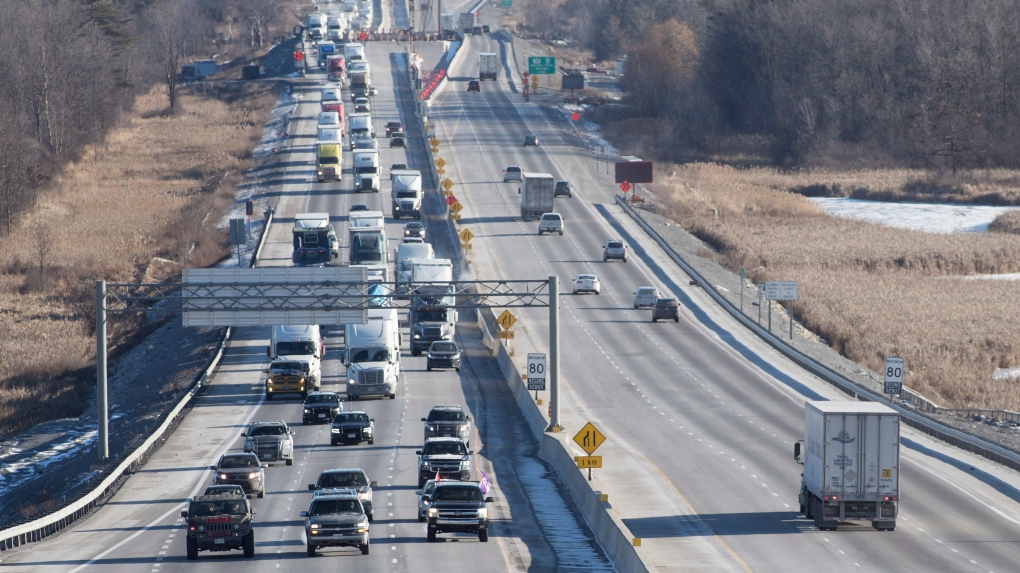- cross-posted to:
- [email protected]
- cross-posted to:
- [email protected]
Canada to announce all new cars must be zero emissions by 2035::Canada expects to announce this week that all new cars will have to be zero emissions by 2035, a senior government source said, as Ottawa is set to unveil new regulations in the latest example of countries around the world pushing for electrification.



Does break dust count as an emission?
*brake
And it should, it’s fairly toxic. Fortunately EV’s primarily and almost exclusively use regen.
Then there’s tire and road wear, which increase substantially with the heavier weight of EVs.
Not if we implement a weight tax on trucks and SUVs
I’ve commented on this before, though I couldn’t find it to plagiarise myself.
Ford puma ICE: 1280KG
Nissan leaf BEV: 1580KG
Ford F150: 2134 KG
Range Rover: 2513KG
Honestly, tax weight and emissions. Emissions tax the energy put in the vehicle, and charge extra for high emissions in dense areas.
Non-sequiter.
The spelling is non-sequitur. And it’s not that, the idea is that vehicles are already much heavier than they should be by use. For example a Tesla Model 3 is much lighter than the two most popular car models being sold in Canada, despite being an EV.
By the way, the biggest contributors to road and tire wear are heavy freight trucks, so instead of jerking off about EVs vs non-EVs, maybe building a decent railway infrastructure would actually help on that front, while also removing some cars on long road trips from the roads.
SUVs are by far the biggest factor that has driven vehicle weight.
Cars getting fatter has been an increasing issue for decades. Some of the people responsible for that are some of the same people now using tire and road wear as a talking point against EVs.
At least with EVs, there’s a path to getting it back down. The primary weight is the battery. Instead of having a 600 mile range EV (which is pointless), have a 300-400 mile range and cut the battery weight down accordingly.
What EV has a 600 mile range?
deleted by creator
None, which is the number it should stay at.
In the new euro 7 emission standard it does
Of the direct operational sources of pollution:
EVs may not be perfect but they’re a HUGE improvement.
Even the 20% more tyre wear… That should mean I need to replace tyres faster. I’ve had one new set in 5 years on my EV (at about year 4). My old car was every other year. Sure compounds change, but I’m just not seeing more tyre wear.
You mean the brakes that, if driven properly, are hardly ever used in an EV, and may last the life of the vehicle?